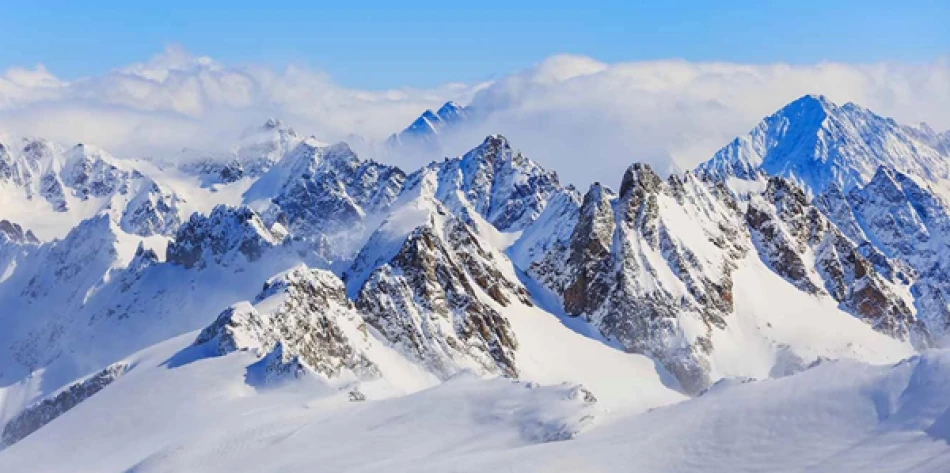
Deadly Landslide Claims Two Lives in the French Alps
Fatal Landslide Strikes Key Alpine Route, Exposing Infrastructure Vulnerabilities in Climate Change Era
A devastating landslide in the French Alps has claimed two lives and severed a critical transportation artery connecting Italy and France, highlighting the growing threat climate-driven geological instability poses to Europe's mountain infrastructure. The tragedy occurred on National Route 205, a vital corridor that feeds into the Mont Blanc tunnel system.
Family Tragedy on Europe's Busiest Alpine Crossing
French authorities confirmed that the landslide completely buried a passenger vehicle on Wednesday evening along the stretch between Passy and Chamonix. According to local newspaper Le Dauphiné Libéré, the incident killed two passengers—a son and his wife seated in the rear—while the parents in front survived with injuries.
Emergency crews were immediately deployed to extract victims from the debris field, but unstable ground conditions continue to hamper recovery operations and keep sections of the route closed.
Strategic Transportation Hub Under Threat
The closure has created extensive traffic disruptions along one of Europe's most economically significant mountain passages. Route 205 serves as a primary feeder road to the Mont Blanc tunnel, which handles over 1.3 million heavy goods vehicles annually between northern Italy and southeastern France.
Authorities have implemented partial closures affecting Italy-bound traffic, while the Mont Blanc tunnel itself has been closed to heavy trucks traveling from Italy to France. This disruption threatens to ripple through supply chains connecting Mediterranean ports to northern European markets.
Alpine Infrastructure Under Increasing Pressure
While the specific cause of Wednesday's landslide remains under investigation, the incident underscores mounting concerns about Alpine geological stability. Rising temperatures have accelerated permafrost thaw and altered precipitation patterns, making rockfall and landslides increasingly common across the European Alps.
Similar incidents have plagued other major Alpine crossings in recent years. Switzerland's A13 highway through the San Bernardino Pass experienced multiple closures due to rockfall in 2023, while Austria's Brenner Pass—another critical north-south corridor—has faced recurring geological challenges.
Economic Implications Beyond Tourism
The Mont Blanc corridor generates approximately €8 billion annually in trade flows, making any extended closure economically significant for both France and Italy. Beyond immediate logistics disruptions, the incident raises questions about long-term infrastructure resilience in an era of accelerating climate change.
European transport officials have increasingly focused on diversifying Alpine crossing options, but the concentration of traffic through a handful of major tunnels and passes leaves the region vulnerable to single-point failures like Wednesday's landslide.
As authorities work to stabilize the affected area and investigate the landslide's cause, the tragedy serves as a stark reminder that Europe's mountain infrastructure faces unprecedented challenges requiring both immediate safety measures and long-term adaptation strategies.
Most Viewed News

 Layla Al Mansoori
Layla Al Mansoori






